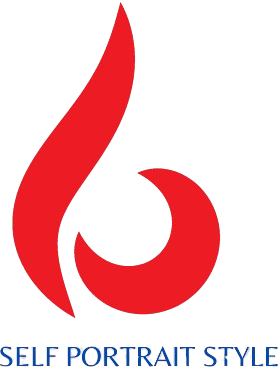In the digital age, the internet has become an integral part of our everyday lives, yet few people are aware of the hidden layers beneath the surface web that they interact with daily. Beneath the well-known websites indexed by traditional search engines the hidden wiki like Google and Bing lies a more secretive and enigmatic part of the internet known as the dark web. The Hidden Wiki is a platform within this obscure world, a directory that serves as a guide to navigating the complex and often mysterious sites that exist on the dark web.
The Hidden Wiki is often described as a hub or directory that lists links to websites with .onion domains. These websites can only be accessed using the Tor browser, a special tool designed to protect users’ privacy by encrypting their internet traffic and routing it through multiple servers. This process makes it difficult to trace users’ activities and helps them maintain anonymity. The Hidden Wiki, by providing these links, acts as a map to the dark web, directing users to sites that can range from privacy-focused services and secure communication platforms to much more controversial and illicit destinations.
Despite the association of the dark web with criminal activities, it is important to understand that the Hidden Wiki itself is not a criminal website. It simply lists a variety of resources that exist within the hidden layers of the internet. For example, it offers links to secure email services, encrypted messaging systems, and privacy-enhancing tools. These resources are often used by individuals who want to keep their communications safe from government surveillance, corporate monitoring, or other forms of oversight. Activists, journalists, and individuals living under authoritarian regimes often turn to the dark web for protection, making the Hidden Wiki an important resource in these circles.
However, the dark web’s reputation is far from clean. The same anonymity that enables users to protect their privacy also provides cover for illegal activity. Websites dedicated to the sale of drugs, weapons, counterfeit currencies, and stolen data can often be found linked through the Hidden Wiki. These illicit activities are what give the dark web its notorious reputation and why it is often equated with danger and criminality. Despite this, it is crucial to separate the platform from the content it hosts. While some links on the Hidden Wiki may lead to illegal websites, others lead to perfectly legitimate services focused on privacy, freedom of speech, and secure communication.
The Hidden Wiki itself has faced challenges over the years. It has been taken down multiple times by authorities, and its domains have changed as law enforcement agencies attempt to shut it down. This constant cycle of removal and reappearance speaks to the dynamic nature of the dark web. It is a place where sites rise and fall quickly, often in response to attacks, law enforcement efforts, or technical difficulties. Still, the Hidden Wiki continues to persist, providing a valuable resource for those who wish to explore the dark web and the anonymity it offers.
What makes the dark web so compelling for some users is the freedom it provides. It is a space where people can communicate and express themselves without fear of being tracked or censored. In countries where governments restrict access to certain information or monitor citizens’ online activities, the dark web becomes a lifeline. The Hidden Wiki, as a guide to this anonymous space, serves as an essential tool for individuals who want to find places that allow them to speak freely, share sensitive information, and remain unseen by the public eye.
Despite the ethical debates surrounding the dark web, there is no denying that it has become an important space for digital privacy, activism, and free speech. The Hidden Wiki, in all its complexity, is just one part of the intricate web that makes up this hidden corner of the internet. While the platform may be associated with illegal marketplaces and dangerous content, it also plays a critical role in helping people protect their privacy, secure their communications, and find refuge from an increasingly monitored and censored online world.
In the future, as the balance between privacy and security continues to evolve, platforms like the Hidden Wiki will remain significant in the ongoing conversation about digital rights, anonymity, and the regulation of online spaces. Whether one views the Hidden Wiki as a tool for good or a portal to danger, it undeniably plays a key role in the debate over internet freedom in the 21st century. And as the digital world becomes more complex, the importance of spaces that offer privacy, security, and free expression will only continue to grow.
